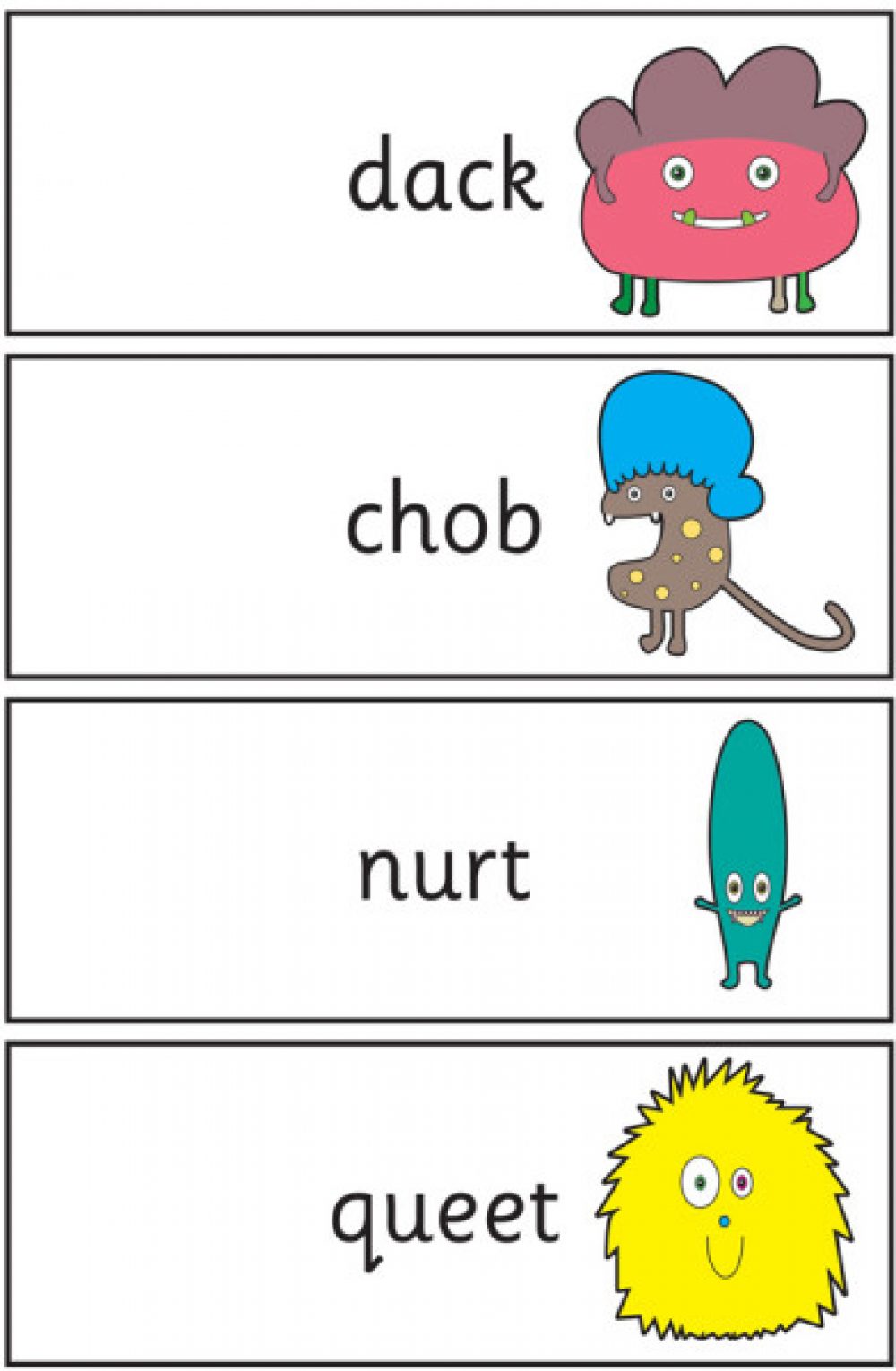The government’s view that the systematic teaching of phonics is crucial to reading success has been dealt a blow by a new evaluation commissioned by the Department for Education (DfE).
The phonics screening check (PSC) is an individual, oral assessment of pupils in the second year of primary school. It requires pupils to read words and pseudo-words, and was introduced for the first time in 2012.
A summary released this week reporting outcomes from a three-year evaluation of the check, carried out by the National Foundation for Educational Research on behalf of the DfE, did not find any evidence of improvement in pupils’ literacy or in progress that could clearly be attributed to the introduction of the PSC.
According to the evaluation, the absence of a control group meant that “no conclusive statement” could be made on enhanced literacy as a result of the PSC.
The PSC was introduced into all schools as an addition to a number of phonics policies already in place. “Because of these limitations, it is impossible to ascribe any findings conclusively to the presence of the PSC,” the report said.
In March, schools minister Nick Gibb told parliament that the phonics checks would discover children struggling to read.
“We [then] expect schools to focus their resources on helping those children, which is why they retake the check at the end of year 2 to ensure that no child slips through the net.
“As a result of our policy on reading and the introduction of the phonics check in 2012, 102,000 six-year-olds are today reading more effectively than they would otherwise have done had Labour stayed in office.”
The final evaluation provides an overview of participating schools’ phonics teaching and explores if there is evidence that the check has impacted the standard of pupils’ reading and writing.
It draws on data collected from case study interviews and surveys with literacy coordinators and year 1 teachers over three time points between 2013 and 2014. In 2014 this included interviews with staff in 19 primary schools, surveys of 573 literacy coordinators and 652 year 1 teachers.
The proportion of pupils achieving the expected score on the phonics check increased over three years. There is some evidence that this may have been an impact of the introduction of the check, according to the evaluation.
But it did not find any evidence of general improvements in pupils’ literacy performance that could be clearly attributed to the PSC.
Year 1 teachers were positive about the usefulness of the check, with just over half (53 per cent) reporting that the check gave them useful information “to a great extent” or “to some extent”.
Literacy coordinators were less positive – less than 30 per cent agreed with the statements “the phonics screening check provides valuable information for teachers” and “the phonics screening check provides valuable information for parents and carers”.







The idea that one flawed test would be some sort of magic silver bullet is laughable. Even a Y 7 pupil who paid attention in Science could tell you that.
The phonics screening check is a poor substitute for a standardised reading test. Non-word reading can only test phonological skills at the most basic level, since ambiguous digraphs such as /ou/ and /ea/ cannot be included. Children should be well beyond this basic stage by the end of Year 1.
However, it would be a mistake to conclude that the ability to read non-words is optional: we know that it is essential. At the age of 9, most new vocabulary is acquired through reading. Without the ability to decode unfamiliar words, children’s overall cognitive growth suffers drastically. Stanovich’s 1986 paper on the “Matthew Effect” is the most-cited article in google scholar, and not without reason.
Its about time the government had a reality check. Teaching children fake words when they are intelligent enough to know and state that they are fake is pathetic to say the least. When children can confidently read books above their age range, they are then expected to take a step backwards and play nice for the testing gurus. My son cannot see the point….quote ‘they are not real words, so it does not matter how they are said’ pretty much sums up his and my view on the matter.
Louise–if your son is as good a reader as you say, he would be able to complete the test in minutes–so what’s your problem? It’s designed to identify children who arent’ so fortunate. I agree that we should use standardised tests that test a wider range of reading ability, but this isn’t to say that the phonics check isn’t better than nothing.
My son was unfortunate enough to grow up when schools ‘didn’t believe in testing’, and parents of poor readers were fobbed off with the absurd excuse that their children weren’t ‘developmentally ready’ to read. These days we have a different range of excuses, but the effect is just the same: in schools where children are encouraged to use various ‘cues’ to guess at words they don’t recognise, many of them will fail to work out the complexities of the English spelling code and will fall behind. If you haven’t been there, you most likely won’t appreciate how devastating it is for parent and child alike.
“As a result of our policy on reading and the introduction of the phonics check in 2012, 102,000 six-year-olds are today reading more effectively than they would otherwise have done had Labour stayed in office.”
As the research has shown, without a control group, there is no way this claim could be substantiated. It would seem to me that not only should politicians take greater care in making such pronouncements, but they might give more careful consideration to the introduction of such tests in the first place. If they go ahead with the proposed tables check, I wonder what we will find in three years time?